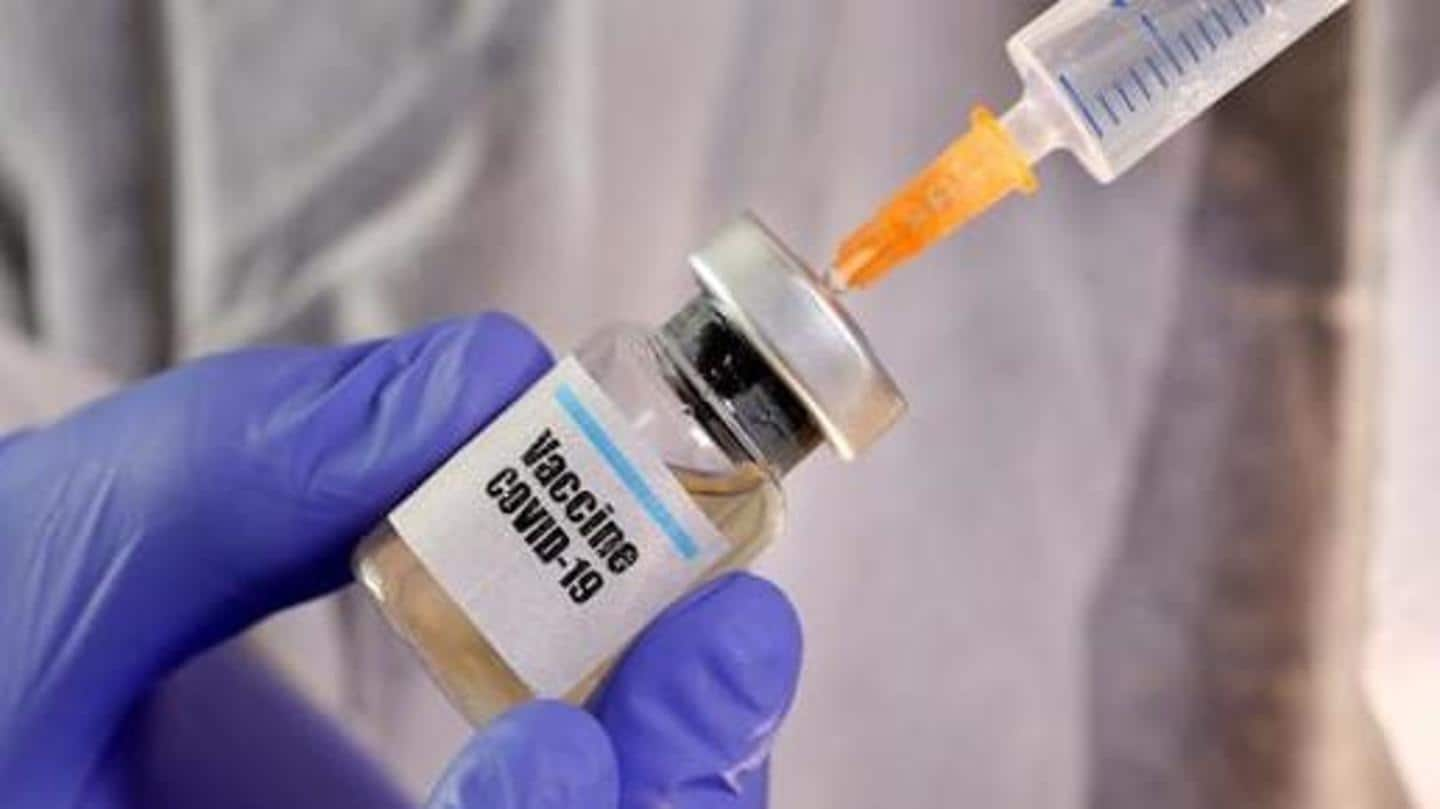
Experts think first COVID-19 vaccines might not prevent infection
What's the story
The work to develop a vaccine for the novel coronavirus disease (COVID-19) is moving faster than any of us could have imagined.
Several companies, including those from US and China, are moving progressively through human trials to get a shot ready as soon as possible.
However, industry experts think that the first COVID-19 vaccines, whenever they come, might not actually prevent infection.
Possibility
People may have to settle with illness-preventing vaccines, initially
Speaking to Bloomberg, several experts suggested that the goal of all ongoing efforts is to develop a shot that could prime the immune system to block the entry of the coronavirus, but the version we will get in the early stages might not do that.
Instead, it may just control the virus's spread in the body, thereby helping only the severe cases.
Prevention
Follow-up versions may prevent the infection
The early illness-preventing version of the vaccine could help countries open up, rebuild their economies, and then be followed up with a stronger, more effective shot capable of completely blocking out the virus.
"That's just practicality," Michael Kinch, a drug development expert at Washington University said, adding that "we may follow those up with more-perfect. But, there will never be a truly perfect vaccine."
Requirement
"Need to protect against disease, not infection"
"Vaccines need to protect against disease, not necessarily infection," Dennis Burton, a vaccine researcher at Scripps Research, said, echoing the same notion suggested by Kinch.
Notably, vaccines prevent up to 3 million deaths from infectious diseases every year but there are hardly any that are 100% effective. This is why people who get measles vaccine can develop a mild form of the disease.
Vaccines
10 vaccines in clinical trials, all promising
As far as COVID-19 is concerned, 130+ vaccines have been developed and 10 of them are going through human trials.
In these, at least one shot, developed by Oxford University, has shown signs of reducing the severity of the virus rather than stopping its entry.
Moderna's mRNA-1273, believed to be the leading candidate, also keeps preventing the development of symptoms as its primary goal.
FDA's nod
FDA ready to consider illness-preventing vaccines
To note, the FDA is also ready to consider vaccines that prevent illness from the novel coronavirus, not infection.
"We would potentially consider an indication related to prevention of severe disease, provided available data support the benefits of vaccination," FDA spokesman Michael Felberbaum told Bloomberg. "For licensure, we would not require that a vaccine protects against infection."
Concerns
However, there are also some concerns
If a vaccine capable of preventing severe COVID-19, and not infection from the novel coronavirus, is developed and approved, cases of asymptomatic transmission could increase.
We already know that the disease can spread from asymptomatic individuals, and in that scenario, infected but vaccinated people could spread the virus without knowing, creating serious health problems for those who are yet to receive the vaccine.